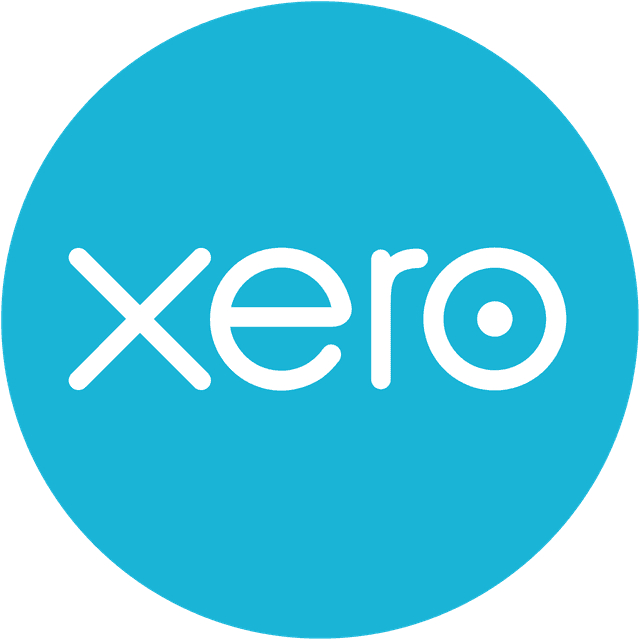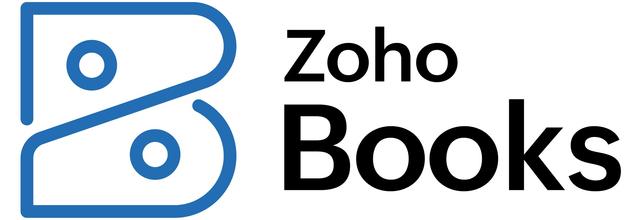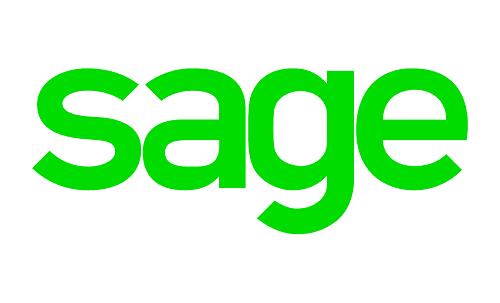If you’re self-employed and seeking accounting software, prioritize the following features in any platforms you’re considering.
Bank Feeds and Reconciliation
If you’re a self-employed person, you’re not getting regular paychecks from an employer. Instead, your cash flow is at the mercy of when your clients choose to pay their invoices. This makes bank feeds an important accounting tool — they’re how you quickly review all your cash inflows and outflows.
These feeds, when combined with bank reconciliation tools, automate the alignment of your bank data and financial records. An accounting platform that offers both tools gives you full insight into and control over your money.
Bill Pay
Although some self-employed people operate while paying few to no monthly business expenses, that’s not always the case. The more business products and services you pay for monthly, the more you’ll benefit from accounting software bill pay tools.
You can use these tools to view what you owe and to which vendors you owe it. Plus, with the best accounting platforms, you can make one-click bulk payments. This way, you’re unlikely to be saddled with late payment fees that cut away at your profit and cash flow.
Client and Customer Payment
A big part of being self-employed is, in many cases, working with less infrastructure than a full-on business. This makes offering your customers or clients extra convenience a key competitive advantage.
Enter payment options embedded in invoices — no more clients logging into their bank accounts or peer-to-peer payment platforms (or writing and mailing checks). Instead, everyone who owes you money can pay it right from where they see their charges detailed. This convenience can encourage repeat customer and client transactions while streamlining your cash flow.
Dashboard
As with any platform, great accounting software should be easy to use and navigate from the very moment you log in. Only choose platforms you can intuitively move through from the initial dashboard all the way through sending an invoice.
Expense Tracking
This is a huge one for freelancers — you very well might be missing out on key tax-deductible expenses and thus overpaying your taxes. The best accounting software for self-employed people automates the identification, capture and organization of these expenses via digital records and paper receipts. This way, come tax time, claiming your deductions and lowering your taxable income is a walk in the park.
Financial Analysis
As a freelancer, you might benefit from fundamental financial analyses such as cash flow graphs and charts. It’s worth seeking accounting platforms that include these basic analyses, though you might not need other financial reports — these are often geared toward full-on businesses. However, if you do get other reports with your accounting software, you might have an easier time growing from a one-person operation into a team.
Integrations
Great business software of all kinds integrates seamlessly with other key platforms. Look for accounting platforms that integrate natively or via third-party connections with other tools you use. For example, if you use BILL to generate and track invoices, QuickBooks Self-Employed integrates seamlessly with this service for consistent invoicing records across platforms. Even if you use relatively few business platforms, connecting them substantially streamlines your operations.
Invoicing, Estimating, and Quoting
Sending invoices — and generating them in just seconds from estimates and quotes — are how you start the client payment process as a self-employed person. This makes the invoicing, estimating and quoting tools within accounting software perhaps the most important features within any platforms you’re considering.
During your free trials of several platforms, compare each vendor’s invoicing suite in particular. Place whichever one you found most intuitive, helpful and feature-rich toward the top of your list. Then, compare your best picks across the other factors on this list while still prioritizing invoicing. Your ideal choice of platform should be pretty clear thereafter.
Mileage Tracking
This feature goes hand in hand with expense tracking — it’s how you turn work-related trips into tax-deductible expenses. Look for accounting platforms with mobile apps that automatically track your miles traveled and convert them to expenses. This is among the most hassle-free ways to lower your tax burden.
Mobile Apps
Accounting software mobile apps are good for more than just tracking miles. The best apps also include tools for snapping photos of receipts, invoicing clients on the go and more. The more a platform’s mobile features overlap with those of its desktop suite, the better.
Quarterly and Annual Tax Payments
Although this feature isn’t common among even the very best accounting software platforms, it’s key for freelancers and self-employed people. Since your clients don’t withhold taxes from your payments, you’re responsible for quarterly, not just annual, tax payments.
Several accounting platforms calculate your quarterly taxes while generating and filing the corresponding tax reports and returns. This ensures you never incur late fees or no-payment penalties while removing tedious tax work from your task list.










